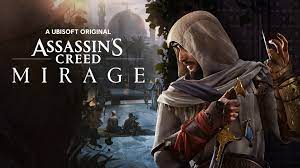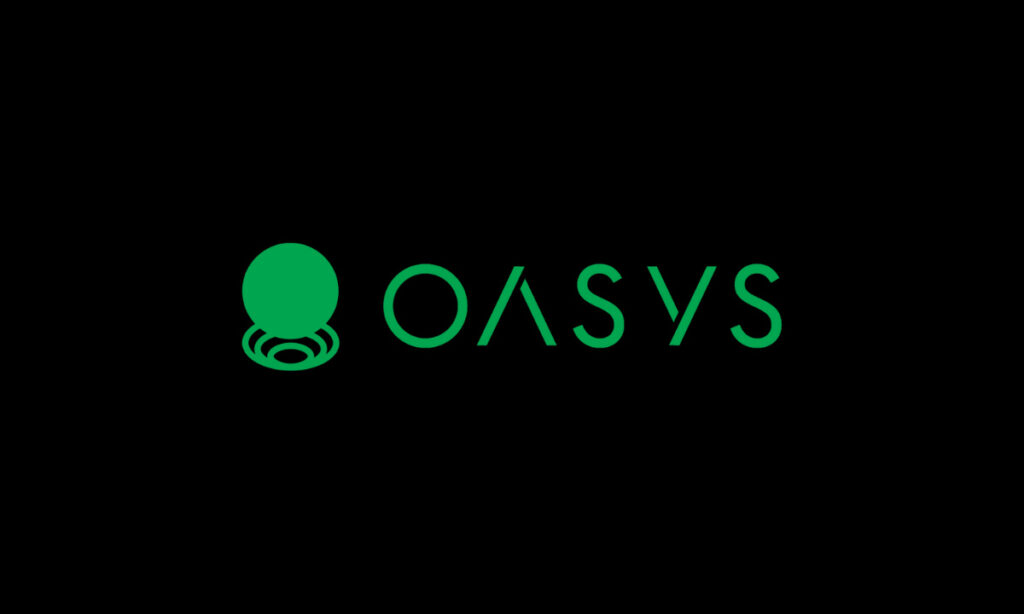Assassin’s Creed Mirage, the latest installment in the popular gaming series, is generating buzz not only for its return to the franchise’s roots but also for a significant change in its approach.
Set in 9th-century Baghdad, the game features performances recorded in Arabic, marking a departure from previous entries in the series where characters spoke in English by default.
While players still have the option to play with English dialogue, the development team at Ubisoft hopes players will choose the more “authentic” Arabic experience.
This decision has been widely welcomed by fans, including Ameer, who grew up in Baghdad. Ameer appreciates hearing Arabic in the game, highlighting that past portrayals of the language in games often featured “terrorists saying something that people recognize as Arabic.” In contrast, Assassin’s Creed Mirage presents Arabic as a beautiful and authentic language.
Mohammed Al Imam, an employee of Ubisoft’s Middle Eastern and North African branch, explains that the Arabic spoken in the game is classical Arabic, a version that has been preserved for over a thousand years and is still taught and used in various contexts today. This classical form of Arabic, although distinct from modern spoken dialects, remains widely understood.
Mohammed emphasizes the importance of accurate representation, noting that Western media often portrays Arabic characters speaking “broken Arabic” or attempting to mimic the language without understanding its nuances.
For Assassin’s Creed Mirage, the development team made it a priority to ensure that any Arabic lines were delivered by fluent Arabic speakers.
The commitment to authenticity also extended to the translation team responsible for subtitles. Mohammed provides an example of a line that, while translated accurately, conveys a different cultural context in Arabic.
Such nuances may go unnoticed by non-native speakers but matter significantly to Arabic-speaking players.
In addition to linguistic accuracy, Assassin’s Creed Mirage maintains the series’ commitment to faithfully recreating historical settings. Ubisoft consulted historical experts to ensure the game’s world is authentic and immersive.
Ameer, who now resides in Istanbul, hopes that the game will change how the world perceives Iraq and the Arab world.
He believes that showcasing 9th-century Baghdad, a golden age of knowledge and culture, can help counterbalance the negative stereotypes often associated with the region.
Mohammed shares this passion for presenting an accurate and positive depiction of the Arab world, avoiding stereotypes and clichés.
He believes that modern, English-speaking audiences are more open to diverse cultures and appreciate authentic representations in media and entertainment.
Early reviews of Assassin’s Creed Mirage have been generally positive, with some critics praising its return to the series’ earlier style.
While changes to beloved franchises can be met with resistance, the game’s new approach seems poised to resonate with a modern, culturally diverse audience.


